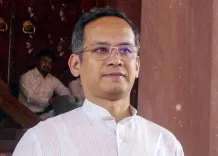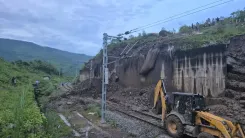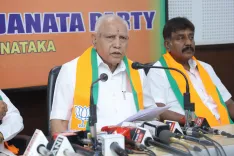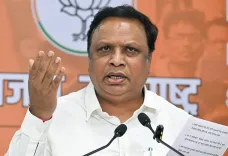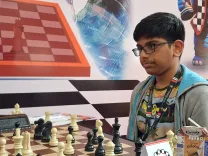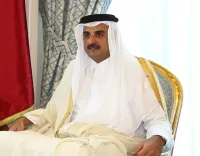Is Free Movement in Manipur Essential for the Peace Process?
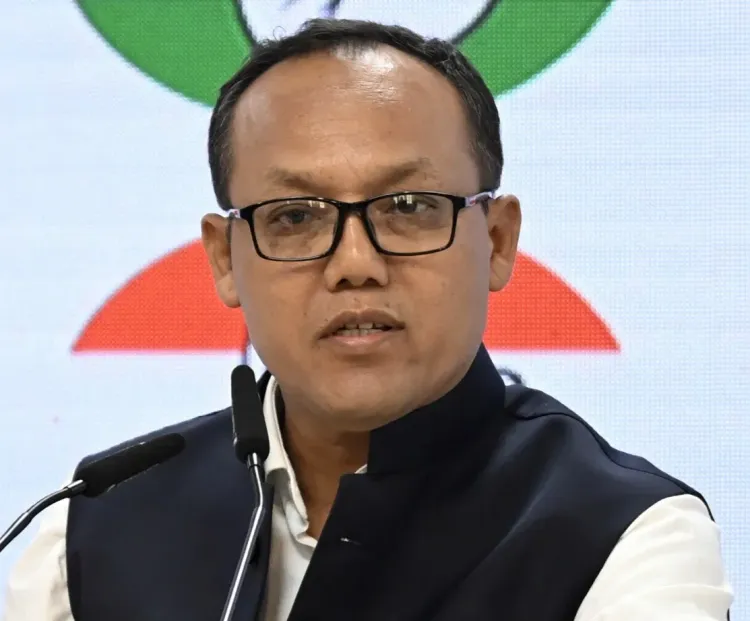
Synopsis
Key Takeaways
- Restoration of free movement is vital for peace.
- Over 780 days of restrictions have impacted daily life.
- Ethnic tensions continue to pose challenges.
- Government efforts need effective implementation.
- Community demands for a separate administrative structure must be addressed.
Imphal, June 23 (NationPress) The Congress party in Manipur has emphasized that reinstating unrestricted movement along the state's crucial National Highways and other routes is vital for fostering peace in a region ravaged by ethnic strife for the past two years.
Keisham Meghachandra Singh, the President of Manipur Congress, pointed out that there has been no free movement in Manipur for the last 780 days. He mentioned that while the Central Government issued an order for free movement in the state starting March 8, 2025, and provided armed escorts for State Corporation Transport buses, the implementation has been lacking.
Singh stated that the persistent ethnic tensions and movement restrictions continue to plague Manipur. He declared, “If the government reinstates free movement, it will mark a significant advancement toward peace.”
Following the outbreak of ethnic violence on May 3, 2023, between the Meitei and Kuki-Zo-Hmar communities, Kuki tribal organizations have vehemently opposed unrestricted movement along National Highway-2 (Imphal to Dimapur) and National Highway-37 (Imphal to Jiribam, which traverses Kuki tribal territories).
Currently, security forces are providing heavy escorts for trucks carrying goods and other vehicles traversing NH-37 and NH-2, which are critical for transporting essential supplies, food, medicines, construction materials, and various goods into the state.
The Kuki-Zo-Hmar tribal organizations, along with ten MLAs from these communities, have insisted that unless a separate administrative structure (similar to Union Territories) is established for them, free movement should not be permitted.
On March 8, following directives from Union Home Minister Amit Shah, the Manipur government made attempts to operate state transport buses through the Kuki-Zo-Hmar inhabited Kangpokpi district; however, violent clashes erupted in the region.
After the enforcement of President’s Rule on February 13, which came shortly after N Biren Singh resigned from the Chief Minister's position, the state administration led by Governor Ajay Kumar Bhalla has undertaken several measures to restore peace and normalcy in the conflict-ridden state.
Despite these efforts, sporadic incidents of violence have occurred in various parts of the state, although significant violence has been absent in the last four months since President’s Rule was enacted.

